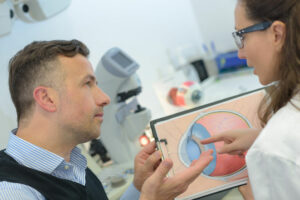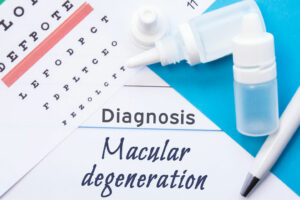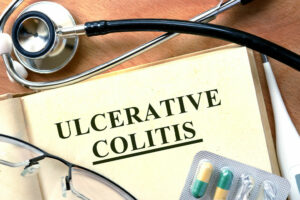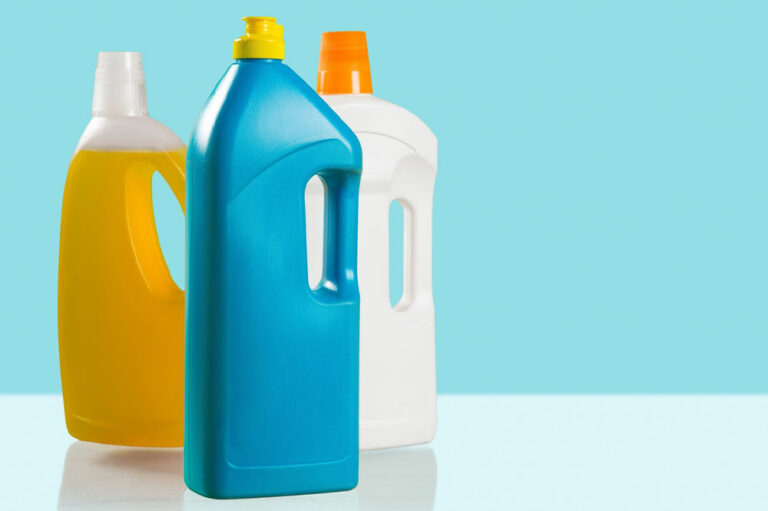The liver is the second largest organ in the body. It is responsible for cleansing the blood, regulating the supply of energy, vitamins, and minerals, manufacturing essential proteins, regulating hormones and cholesterol, and producing bile. Given its vital role in the body, it is important to take good care of the liver. However, people often end up making some errors while doing so. Seven common mistakes to avoid while maintaining liver health include:
- Making the wrong nutritional choices
High levels of fat and cholesterol in the blood (hyperlipidaemia and hypercholesterolaemia, respectively) are the culprits behind the fatty liver disease. This could be a result of over-indulging in certain foods containing unhealthy fats (saturated fats, trans fats, and hydrogenated fats), sugars, processed foods, and refined grains. It is best to avoid these.Instead, opt for well-balanced meals containing complex carbohydrates or whole grains, fruits, vegetables, lean proteins, and “good fats,” such as those found in nuts, seeds, and fish. Some foods that help bolster liver health and function include avocados, garlic, green leafy vegetables like spinach and kale, turmeric, beetroot, green tea, olive oil, walnuts, salmon, apples, grapefruit, and lemons. Adding herbs such as chicory roots, peppermint, milk thistle seeds, and dandelion roots to one’s meals could also positively affect the liver.
Liver cleansing and detox supplements have also been gaining popularity of late. These are meant to optimize liver function and protect the liver. However, it is advisable to speak with a doctor or healthcare professional before taking any supplements.
- Leading a sedentary lifestyle
A sedentary lifestyle could make matters worse for the liver. It could be a contributing factor to conditions such as fatty liver disease, cirrhosis, or even liver cancer. One must build a consistent exercise routine to decrease stress on the liver by burning triglycerides and fat.
Most health guidelines recommend engaging in 150 to 300 minutes of moderate-intensity physical activity or 75 to 150 minutes of vigorous-intensity physical activity per week to boost overall health. - Not controlling diabetes
Poorly managed or uncontrolled diabetes could also worsen liver health. Consistently high blood sugar levels can cause fat accumulation in the liver, increasing the risk of disease. To reduce complications in the future, it is important to make lifestyle changes and keep blood glucose levels under control. - Hydrating insufficiently
It is also important to stay well-hydrated. Dehydration could hamper liver function and lead to disease. Drinking plenty of fluids, especially water, can help the liver flush out toxins and support overall health.
According to experts, adult men must get about 3.7 liters (15.5 cups) of fluids daily, while women must consume 2.7 liters (11.5 cups) of fluids daily. About 20% of this generally comes from food, while the rest needs to be supplemented with water and other drinks. - Failing to get enough quality sleep
Too many late nights and groggy mornings could also spell disaster for the liver by increasing the risk of fatty liver disease. One must aim for 7-8 hours of quality sleep every night. To aid this, consider establishing a sleep routine, creating a restful environment, and keeping all electronic devices away before bedtime. - Continual exposure to toxins
Exposure to toxins can worsen liver health. These toxins can be found in cleaning and aerosol products, insecticides, chemicals, and additives, among others. Reduce coming in direct contact with them. When using cleaning products, ensure that the room is well-ventilated, follow manufacturer directions closely, and wear a mask or other protective gear - Ignoring regular check-ups
With routine medical check-ups, one can keep tabs on their health. This gives doctors an opportunity to recognize and diagnose symptoms early on, making way for timely and efficient treatment. Remember that every individual has unique health needs. Those with a family history of liver conditions must work closely with their medical advisors to build a customized plan for managing liver health. This may include conducting regular tests, assessing risk factors, and offering tailored lifestyle recommendations.
Tips to follow for a healthy liver
In addition to the precautions mentioned above, it is also important to:
- Cover any wounds, especially when outdoors.
- Avoid sharing personal hygiene items such as razors, nail clippers, and toothbrushes. These can transmit Hepatitis B or C.
- Wash all produce well, as it may be covered in pesticides.
- Steer clear of heavy-calorie meals featuring refined carbohydrates, sugars, and processed and fried foods.
- Exercise care when dealing with sharp instruments or needles. Always confirm with medical practitioners that they are using clean, sterilized equipment and needles for any procedure.
- Avoid trying fad eating trends, as they may further add stress on the liver.
- Always use new/sterilized needles for tattoos and piercings.
- Get medical care when exposed to someone else’s blood.
- Wash hands regularly with soap and warm water, especially after using the washroom, changing a diaper, and before and after preparing food.
- Watch out for signs of liver damage, such as loss of appetite, feeling sick or vomiting, feeling unwell or tired all the time, experiencing tenderness or pain in the liver area, developing spider angiomas and blotchy red palms, or having disturbed sleeping patterns. Promptly consult a doctor if any of these occur.

















